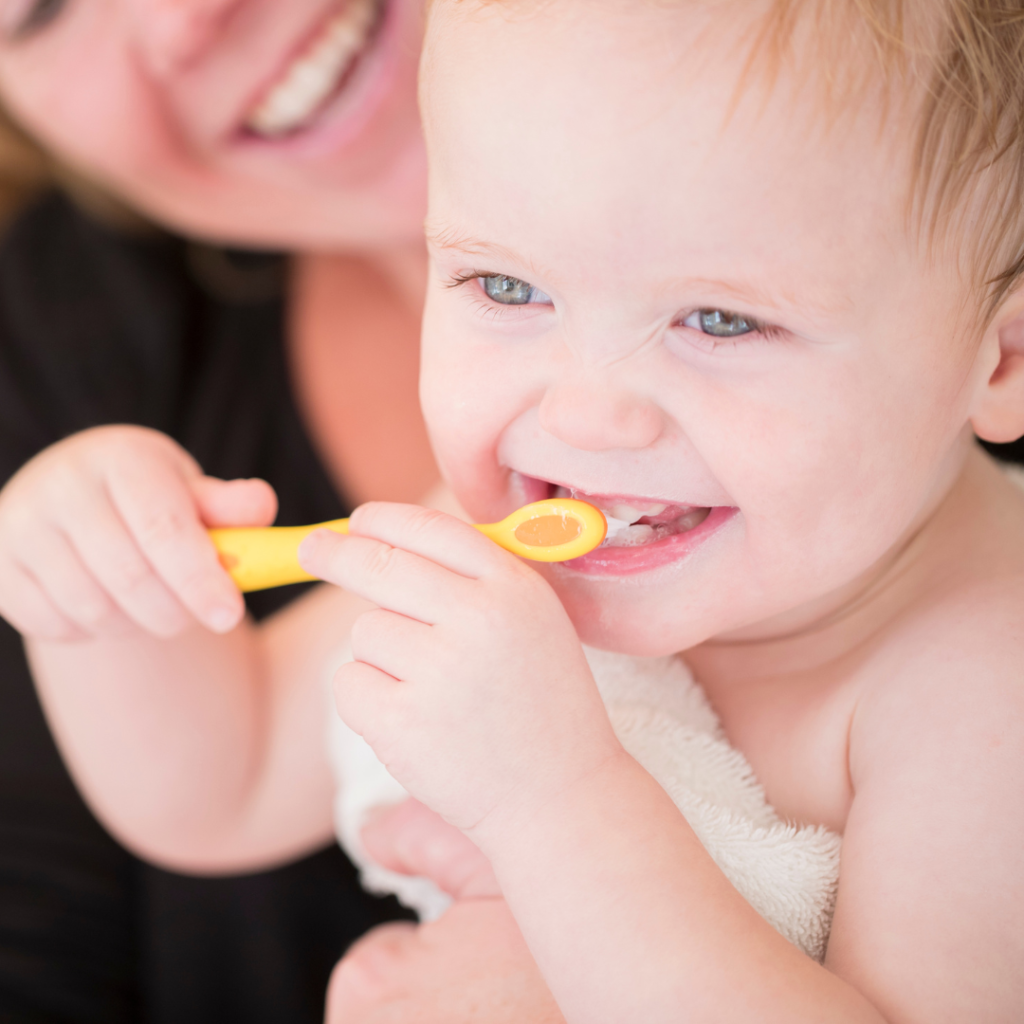Caring for your child’s baby teeth is a vital part of ensuring their overall dental health. Although baby teeth will eventually be replaced by permanent ones, they play a crucial role in your child’s development, including speaking, chewing, and maintaining the space for adult teeth. At River Valley Smile Center, we know that early dental care sets the foundation for a lifetime of healthy smiles. Here’s how you can help your child maintain healthy baby teeth and develop good oral hygiene habits.
1. Start Early
Dental care begins even before your child’s first tooth appears. Gently clean your baby’s gums with a soft, damp cloth to remove bacteria. Once the first tooth comes in, typically around six months, switch to a soft-bristled toothbrush designed for infants and use a tiny amount of fluoride toothpaste.
2. Brush Twice a Day
Just like adults, children should brush their teeth twice a day—once in the morning and once before bed. For kids under three years old, use a small smear of fluoride toothpaste. For children three and older, use a pea-sized amount. Make brushing a fun activity by letting them choose their toothbrush or by singing songs to make it more enjoyable.
3. Flossing Matters
Flossing should start once your child has two teeth that touch. Teach your child to floss between their teeth daily to remove plaque and food particles that brushing alone may miss. Regular flossing prevents gum disease and tooth decay in hard-to-reach areas.
4. Limit Sugary Snacks and Drinks
Sugar is one of the main culprits in tooth decay. Limiting sugary snacks and drinks like juice and soda will help protect your child’s teeth. Instead, offer healthy snacks like fruits, vegetables, cheese, and yogurt. Water is the best drink to offer throughout the day to help wash away food particles and bacteria.
5. Schedule Regular Dental Visits
Your child’s first dental visit should occur by their first birthday or six months after their first tooth comes in. Regular check-ups at River Valley Smile Center allow us to monitor your child’s dental development, provide professional cleanings, and offer preventive treatments like fluoride and sealants.
6. Use Fluoride for Strong Teeth
Fluoride is a natural mineral that strengthens tooth enamel and helps prevent cavities. Make sure your child drinks fluoridated water and uses fluoride toothpaste. If necessary, we may recommend additional fluoride treatments during dental visits to provide extra protection.
7. Avoid Prolonged Bottle or Sippy Cup Use
Avoid letting your child fall asleep with a bottle of milk or juice, as prolonged exposure to these liquids can cause tooth decay. Similarly, limit the use of a sippy cup throughout the day, especially when it contains sugary drinks. Water is always the safest option.
8. Encourage Good Habits
Teach your child the importance of brushing and flossing from a young age, and lead by example. Establishing a consistent dental routine early on will set the stage for good oral hygiene habits that last a lifetime. You can make brushing and flossing a family activity so your child can learn by watching you.Conclus
Caring for your child’s baby teeth is essential for their overall health and the development of strong adult teeth. By starting early, maintaining a routine of brushing, flossing, and regular dental visits, and making healthy food choices, you can ensure your child’s smile stays bright and healthy. At River Valley Smile Center, we’re here to support you every step of the way. Schedule your child’s next appointment with us and let us help keep their teeth healthy and strong.

